For many new parents, each sip and snack comes with questions especially when breastfeeding. If you’re wondering whether matcha (the finely powdered green tea from Japan) is safe to enjoy while nursing, you’re not alone. The good news? In moderation, high-quality matcha may offer a calm, antioxidant-rich energy boost that fits beautifully into a mindful postpartum routine.
Understanding Matcha and Caffeine: What Nursing Parents Should Know
Matcha does contain caffeine, but typically less than coffee. A cup of matcha made with 1 teaspoon (about 2 grams) of powder contains approximately 60–70 mg of caffeine, depending on preparation. That’s less than an average cup of coffee, which can range from 90–120 mg.
According to the American Academy of Pediatrics (AAP) and CDC, moderate caffeine intake (up to 200–300 mg per day) is generally considered safe for breastfeeding parents. Only about 1% of maternal caffeine reaches breast milk, and most babies over three months old metabolize it well.
However, caffeine sensitivity varies. If your baby seems fussy, restless, or has sleep disruptions, try reducing your intake and observe any changes. Newborns and younger babies may be more sensitive to caffeine than older infants.
Matcha vs. Coffee and Other Caffeinated Drinks
Why might some breastfeeding parents prefer matcha over coffee?
- L-theanine, a calming amino acid found in matcha, helps balance caffeine’s effects offering a more stable energy lift without jitters or crashes.
- Matcha is rich in antioxidants, particularly catechins and EGCG (epigallocatechin gallate), which may support immune function and reduce inflammation.
- Matcha is less acidic than coffee, which some postpartum bodies may appreciate.
- The caffeine in matcha is absorbed more gradually, helping to avoid sudden spikes and drops in energy.
As a coffee alternative, matcha offers a gentler approach to sustained energy especially when paired with plant-based milk alternatives in a creamy matcha latte.
Benefits of Matcha for Breastfeeding Mothers
Though research is still growing, matcha may support new parents in several ways:
- Energy levels: A natural source of caffeine without harsh spikes or crashes, supporting the extra demands of new parenthood.
- Mental clarity: The l-theanine-caffeine synergy may help improve focus, alertness, and calmness, which is especially helpful for sleep-deprived parents.
- Antioxidants: May support immune system recovery, stress resilience, and overall wellness.
- Hydration: Matcha tea, especially when made with water or milk, contributes to your daily fluid intake, which is important for milk production.
- Vitamin C and chlorophyll: Support gentle detoxification and overall wellness.
- Exposure to new flavors: Introducing matcha may gently influence the flavor of breast milk, supporting your baby’s developing palate.
Is Matcha Safe While Breastfeeding? Key Considerations
- Caffeine Limit: Aim to keep total daily caffeine below 200–300 mg, factoring in all sources (coffee, tea, chocolate, soda, etc.).
- Infant Sensitivity: Some babies, especially those under 3 months, may be more sensitive to caffeine. Monitor for signs like irritability, wakefulness, or fussiness.
- Quality Matters: Choose ceremonial grade or organic matcha from reputable sources to minimize potential contaminants like pesticides or lead. High-quality matcha is also richer in beneficial compounds.
- Timing: Enjoy matcha in the morning or early afternoon to avoid disrupting sleep for you or your baby.
- Medical Considerations: Always consult your healthcare provider if your baby has underlying health concerns, or if you are taking medications that might interact with caffeine.
How Much Matcha Is Safe While Breastfeeding?
A general guideline is to limit matcha intake to 1–2 servings per day (up to 2 teaspoons total), which keeps you well within the recommended caffeine limit for breastfeeding.
One serving (1 teaspoon) of matcha contains about 60–70 mg of caffeine.
Remember to account for other dietary sources of caffeine throughout your day.
Tips for Enjoying Matcha Safely While Breastfeeding
- Start Slowly: If you’re new to matcha, begin with a smaller amount to gauge your and your baby’s sensitivity.
- Observe Your Baby: Watch for signs of restlessness, irritability, or sleep disturbances. Adjust your intake if needed.
- Experiment with Preparation: Try matcha in lattes, smoothies, or even baked goods for variety and slower caffeine absorption.
- Stay Hydrated: Breastfeeding requires extra fluids matcha tea can help, but be sure to drink plenty of water as well.
- Consult Your Provider: Especially if your baby is premature, under 3 months, or has specific health needs.
Frequently Asked Questions
Will matcha affect the flavor of my breast milk?
There’s no strong evidence that matcha alters breast milk flavor significantly, but introducing a variety of foods can gently expose your baby to new tastes.
What if I’m drinking matcha and taking medications?
Always consult your doctor or lactation consultant when combining matcha with medications, especially those affecting the nervous system.
Is it better to have matcha in food instead of tea?
Some parents opt for matcha powder in food (like oatmeal or smoothies) to enjoy the benefits with slower caffeine absorption.
Can matcha help with milk supply?
While matcha is not a proven galactagogue (milk supply booster), staying hydrated and healthy is important for milk production. Some parents find the gentle energy boost from matcha supports their overall well-being.
A Mindful Ritual: Matcha in Artisan Japanese Tableware
Whether you whisk up a quiet bowl in a chawan (茶碗, tea bowl) or enjoy a warm matcha latte in a handmade cup, matcha becomes more than a beverage it’s a grounding ritual. Japanese artisan tableware not only elevates the experience but also reminds us to slow down and savor each sip, especially during the tender postpartum season.
Check out our beautiful handcrafted tableware today!
Final Thoughts
So, can you drink matcha while breastfeeding? For most nursing parents, the answer is yes in moderation and with mindful choices. With its gentle energy, antioxidant benefits, and cultural richness, matcha can become a comforting companion on your motherhood journey. As always, listen to your body, your baby, and consult with your care team as needed. And don’t forget: serving it in beautiful Japanese-crafted bowls or cups only makes the moment sweeter.
Disclaimer: This guide is for informational purposes only and does not replace medical advice. Always consult your healthcare provider for guidance tailored to your personal health and breastfeeding journey.


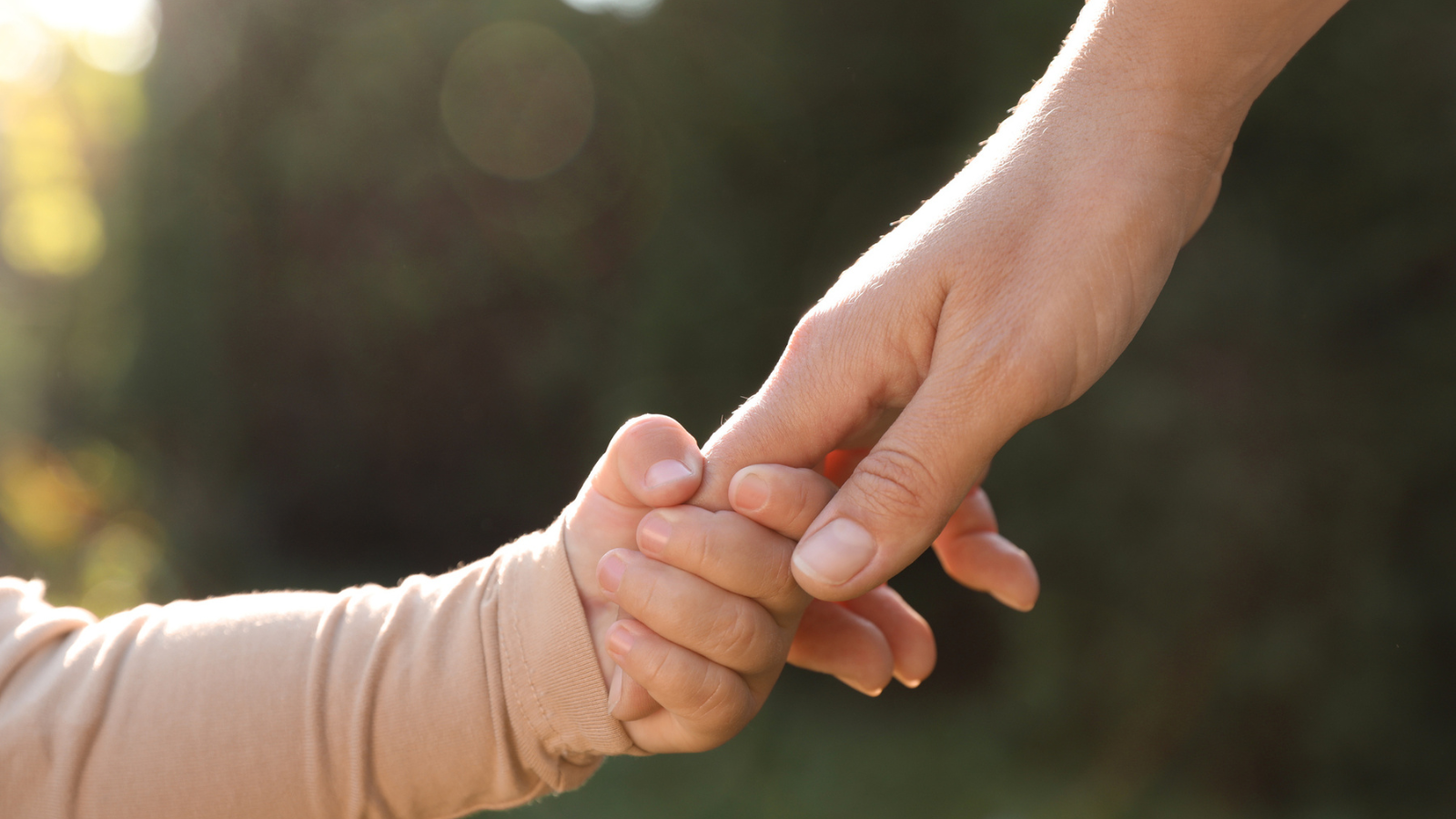





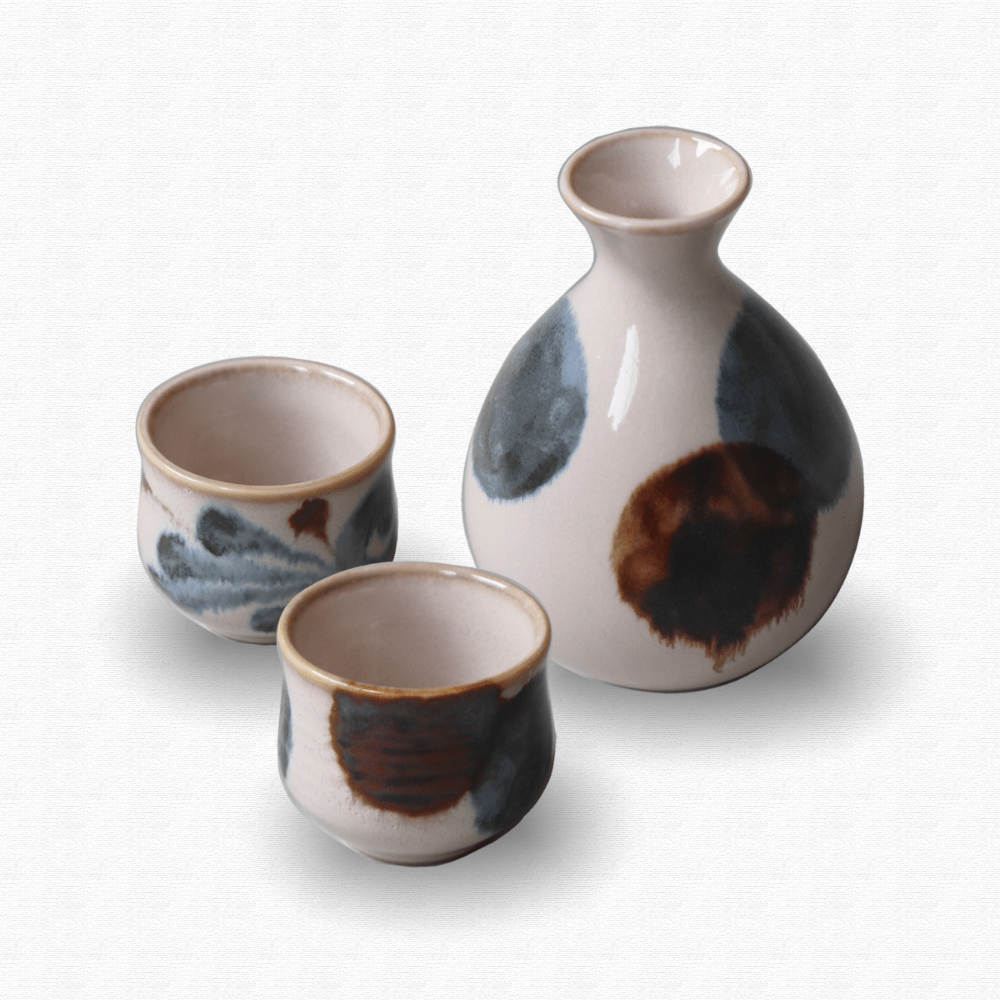
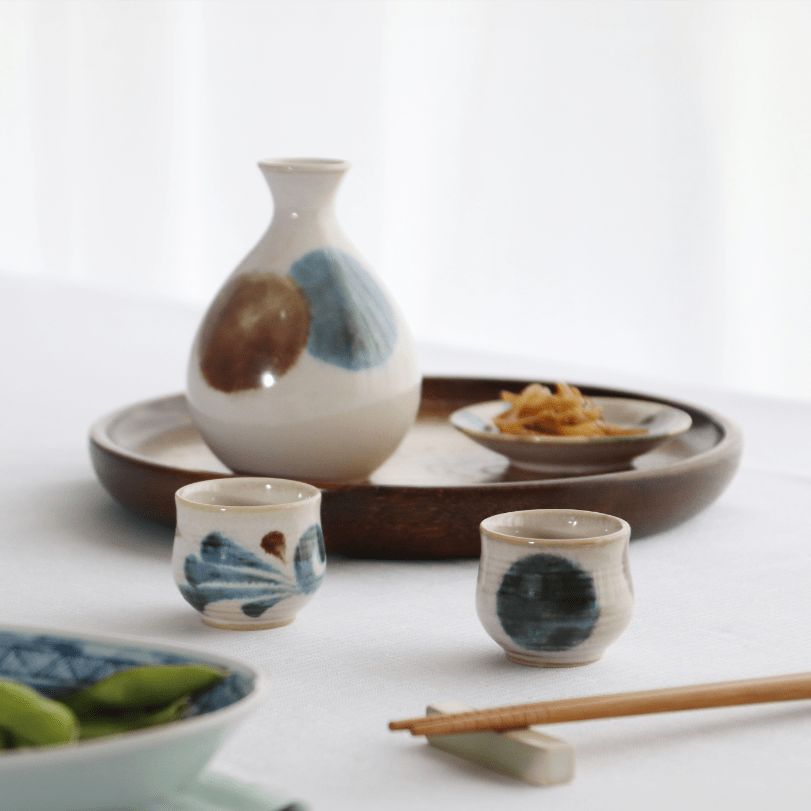
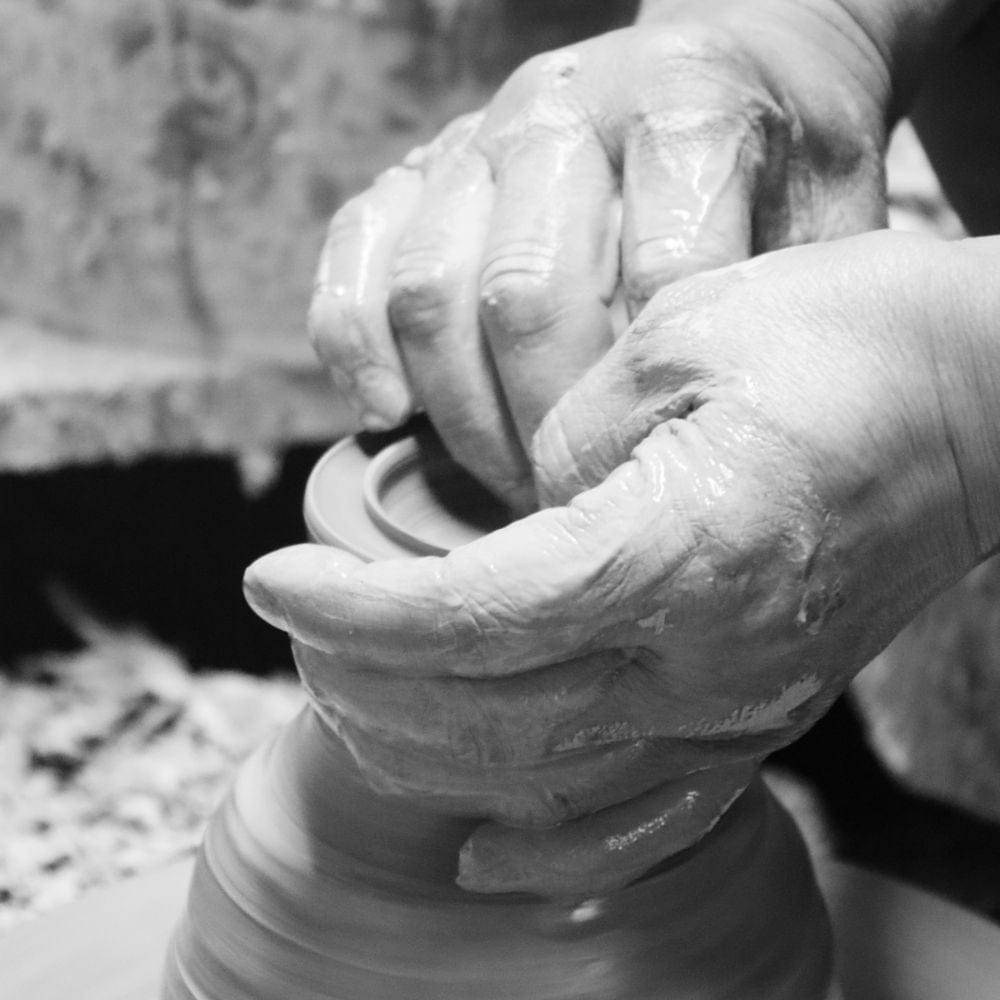
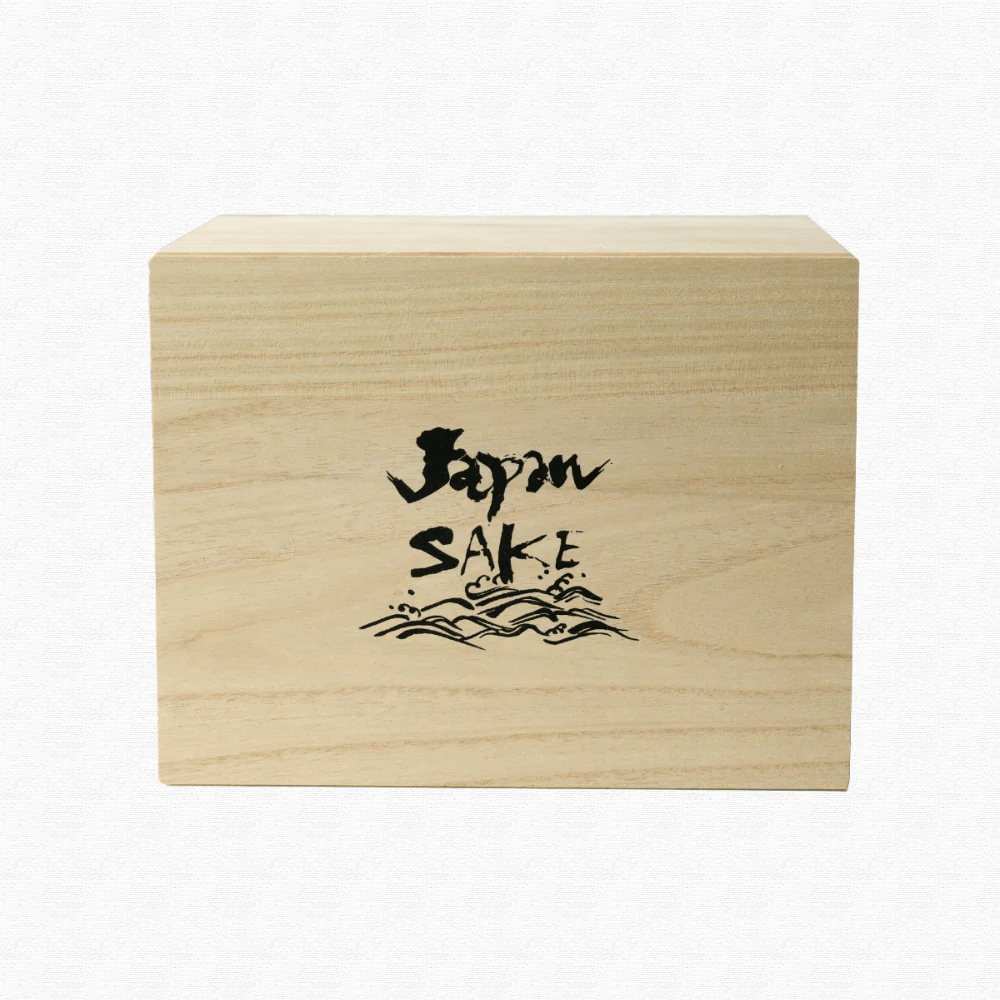
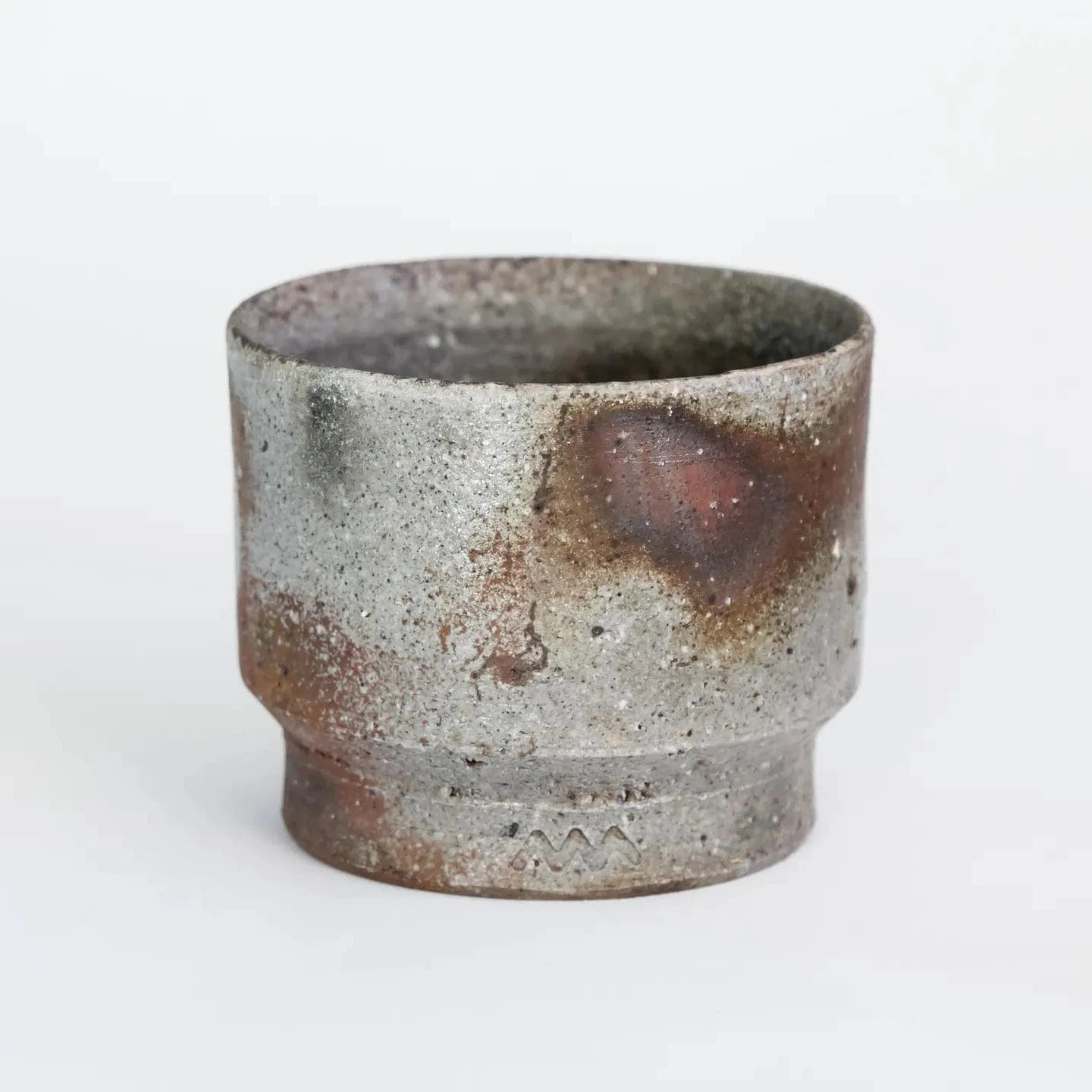
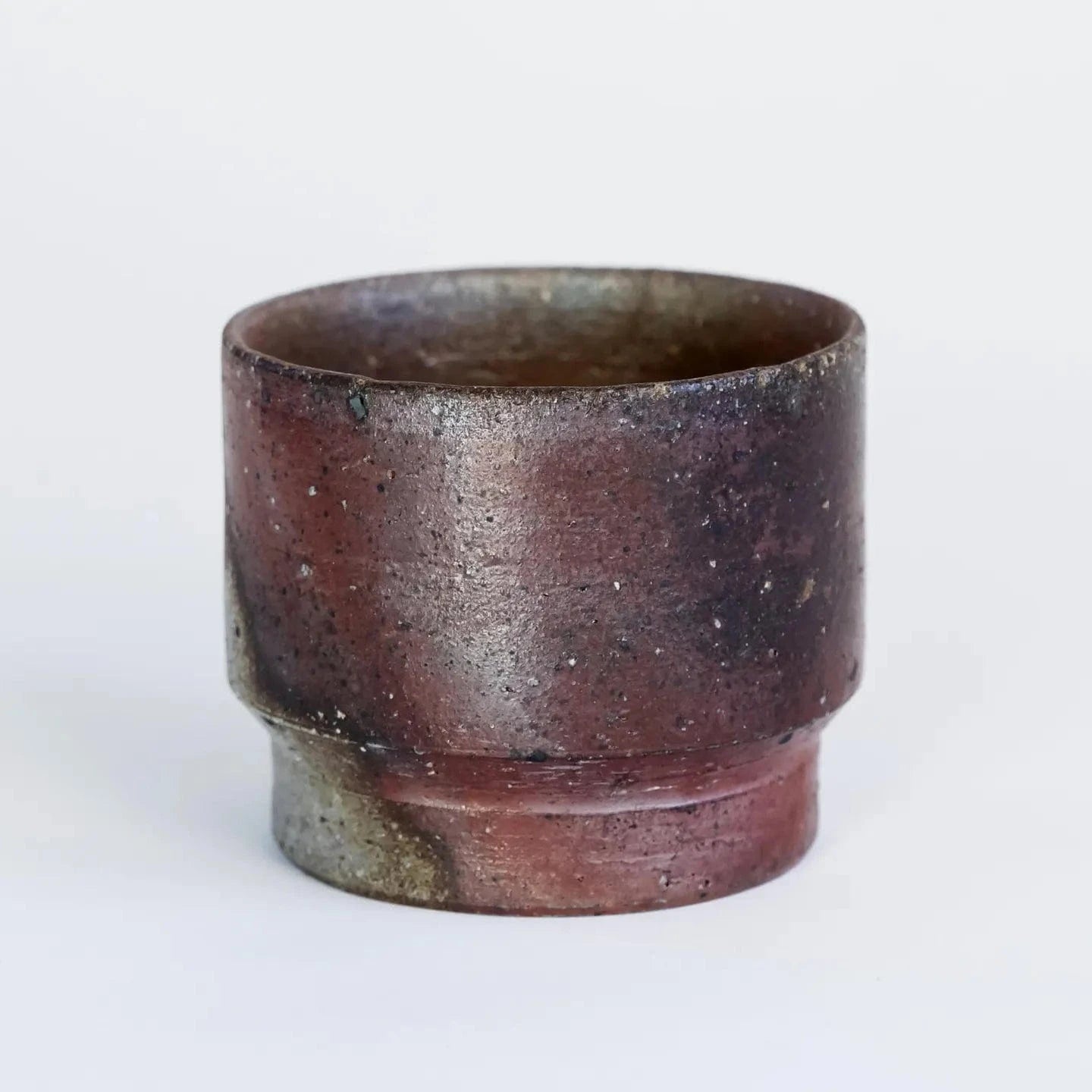
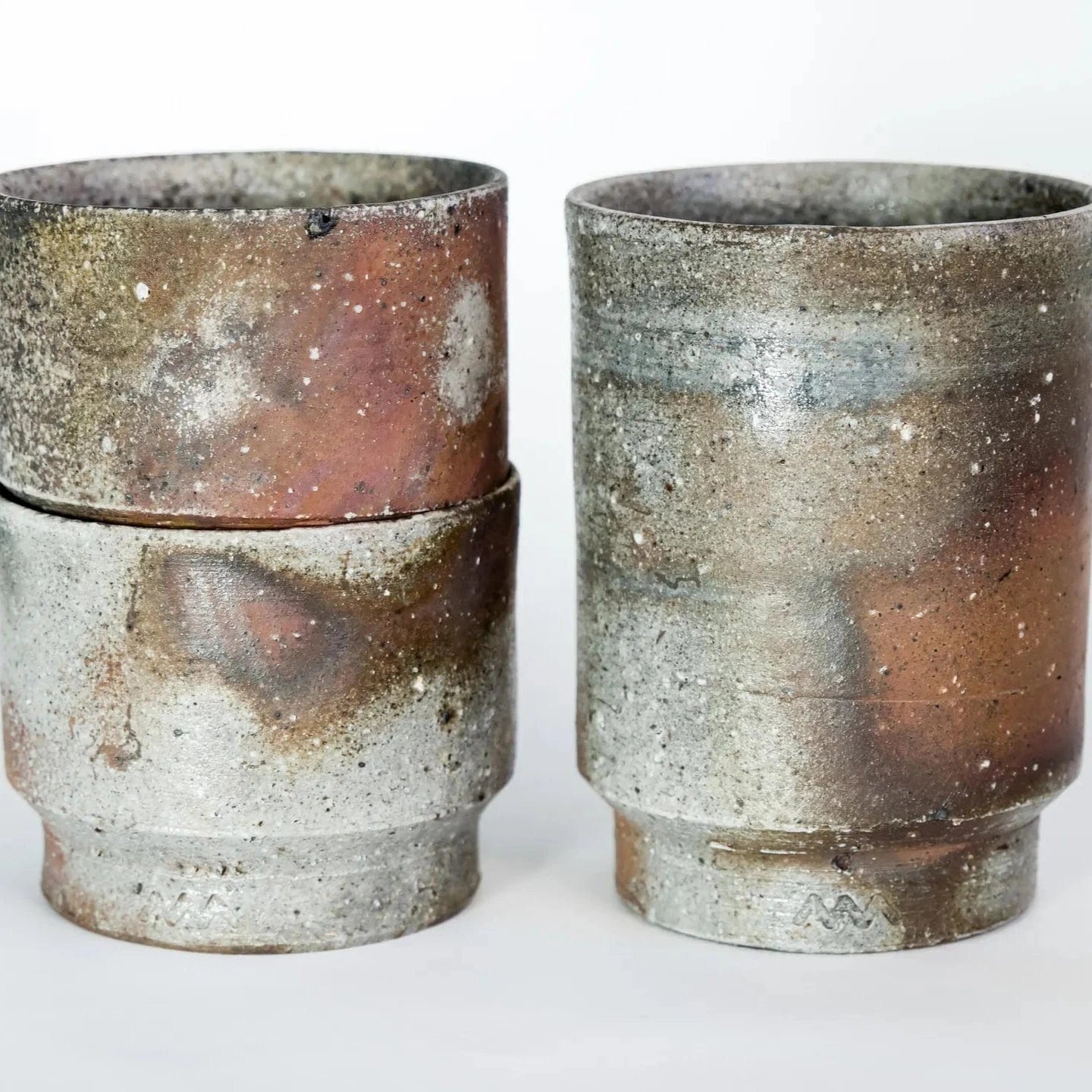
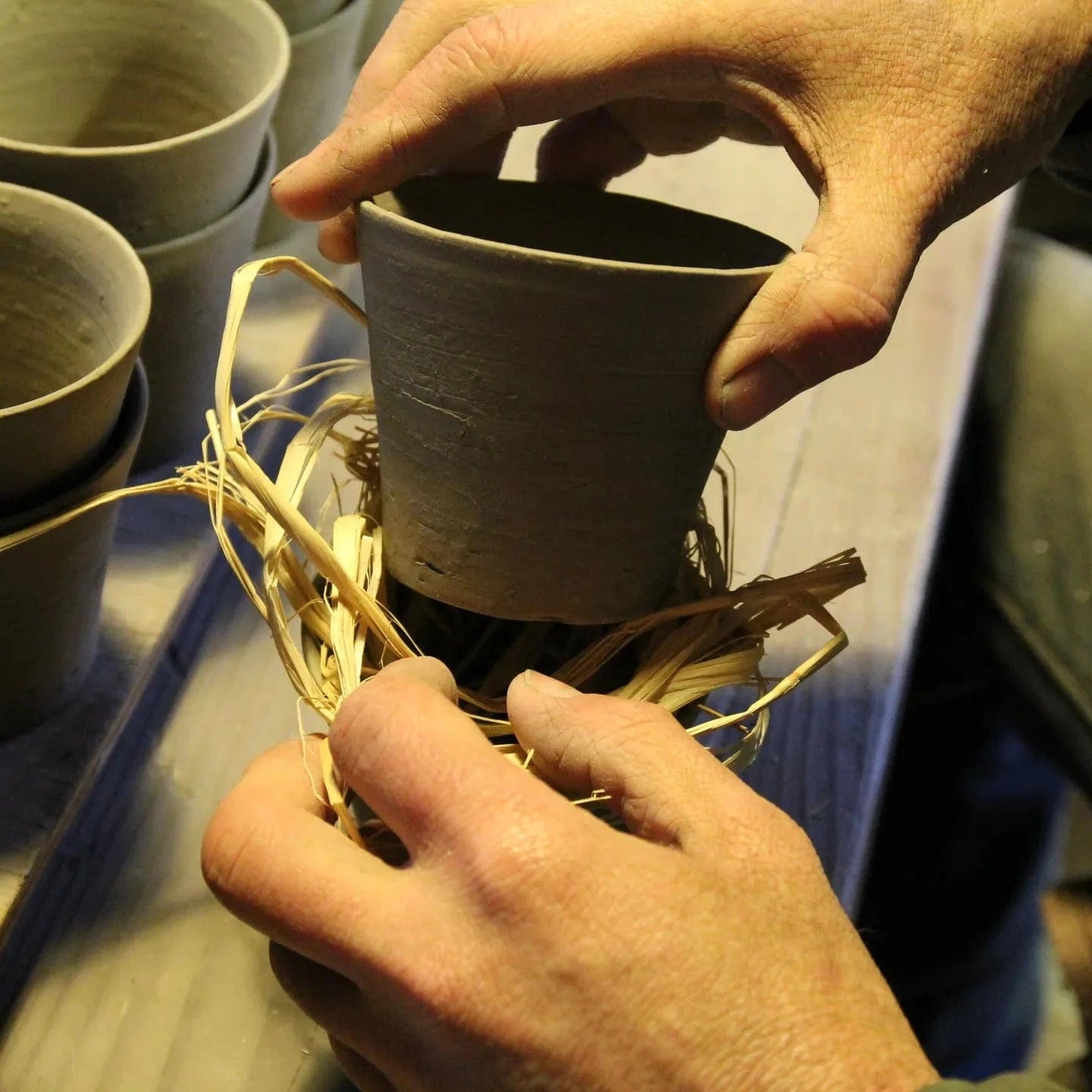
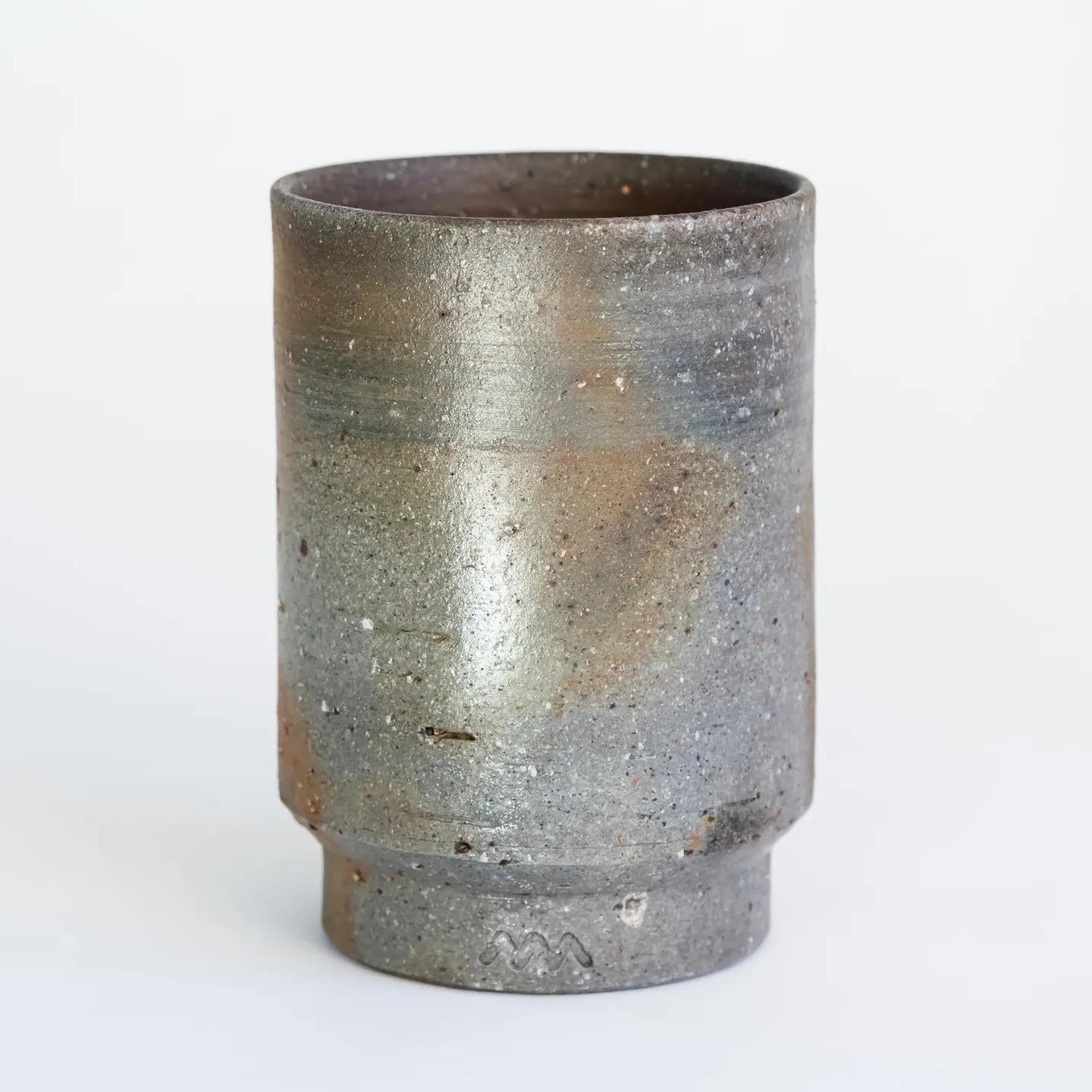
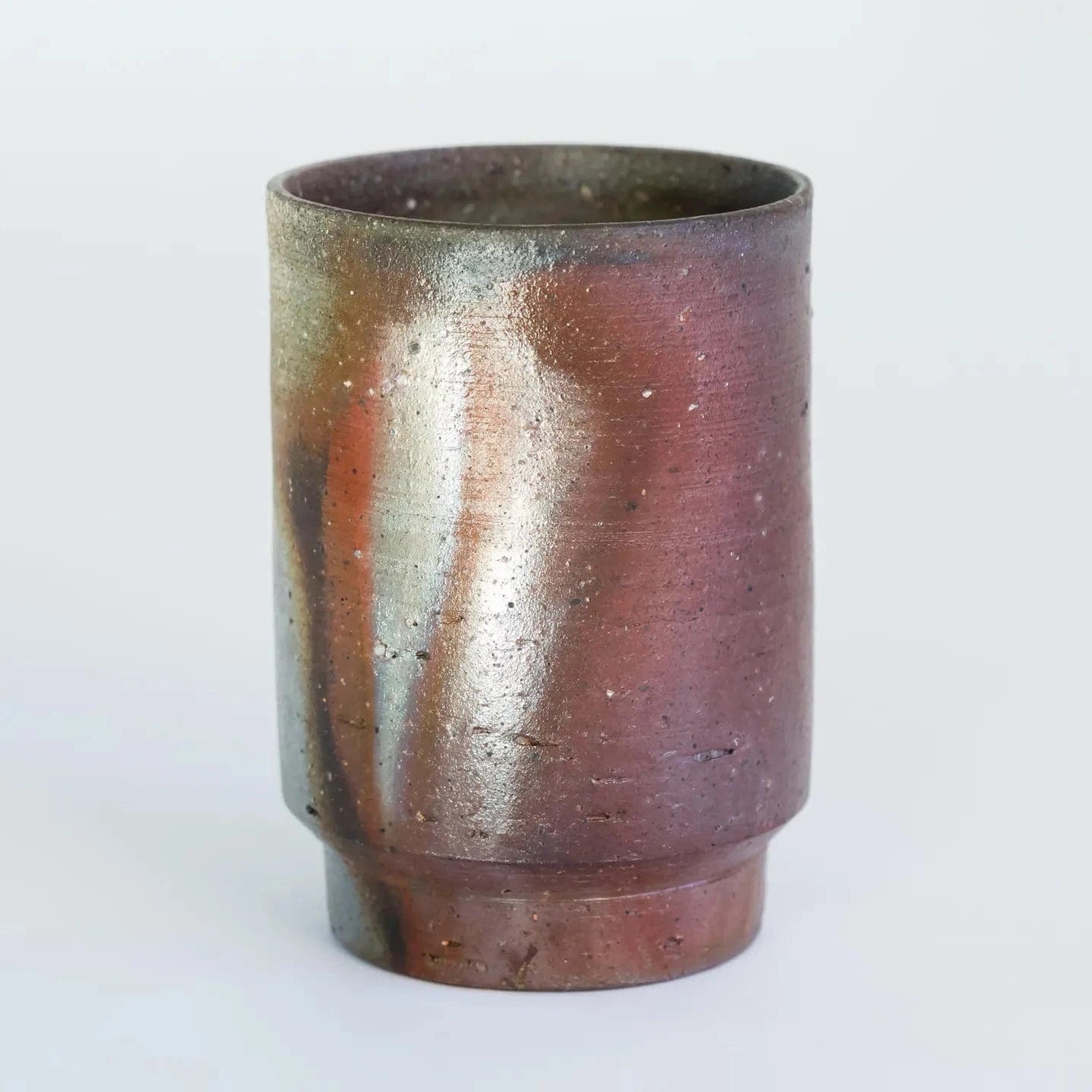
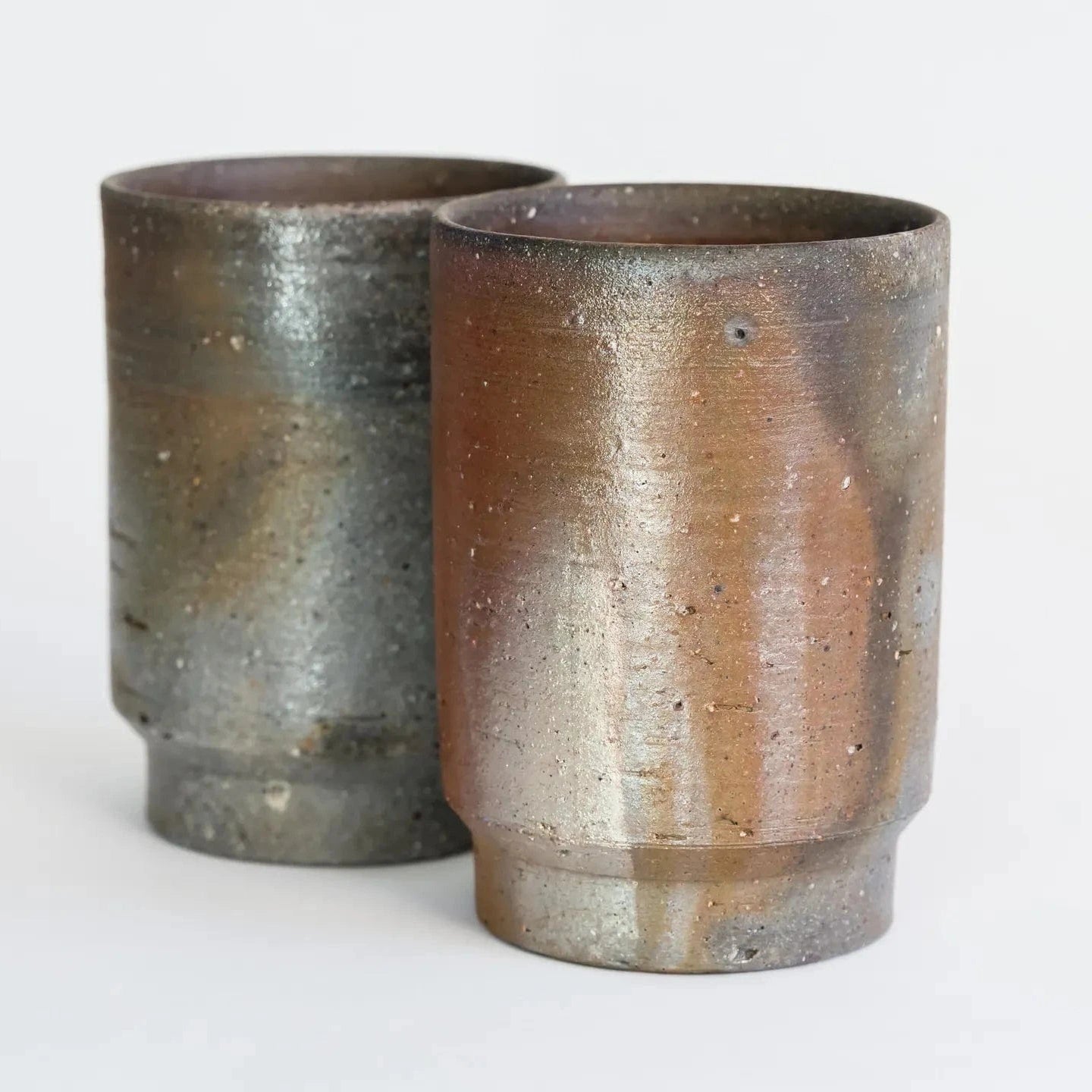
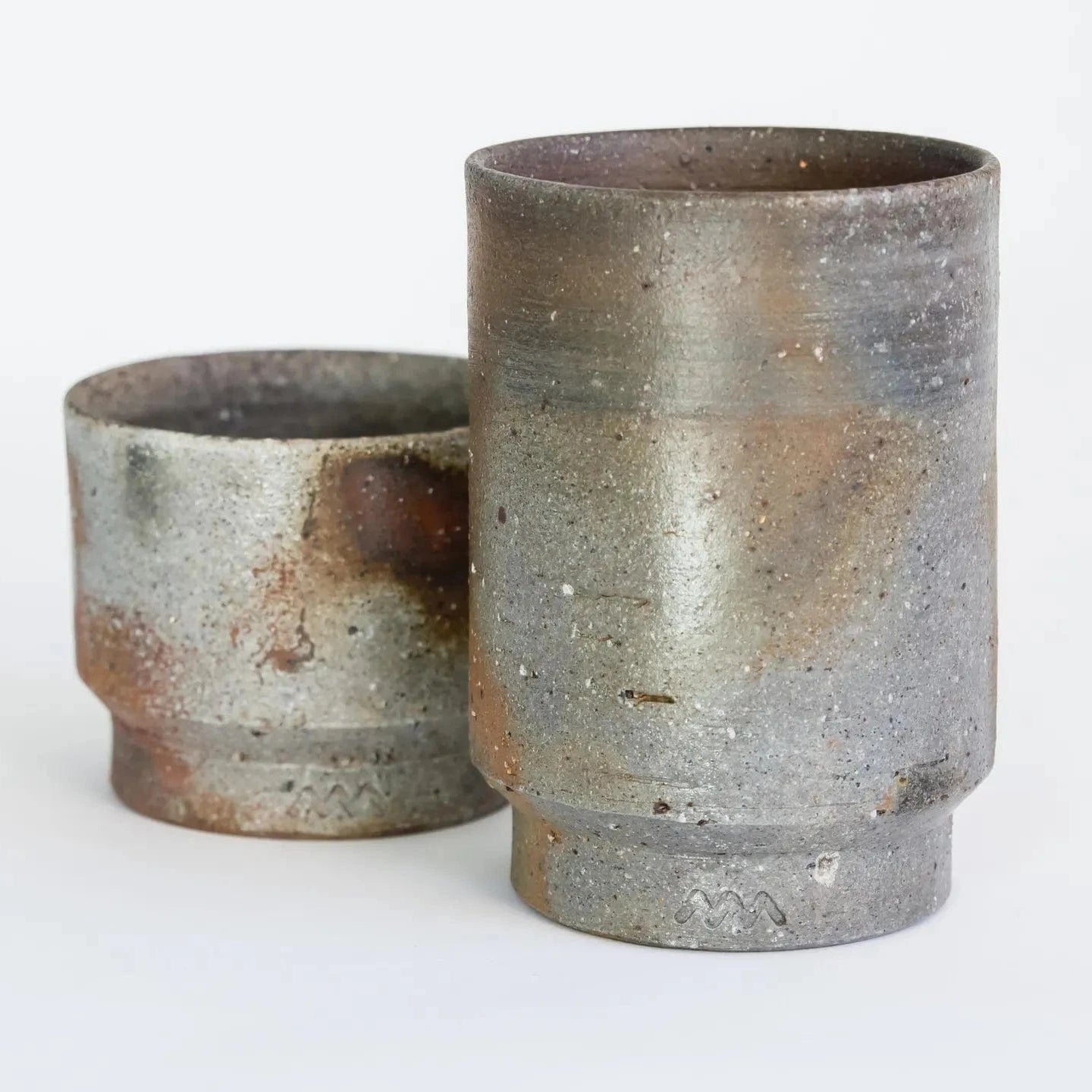

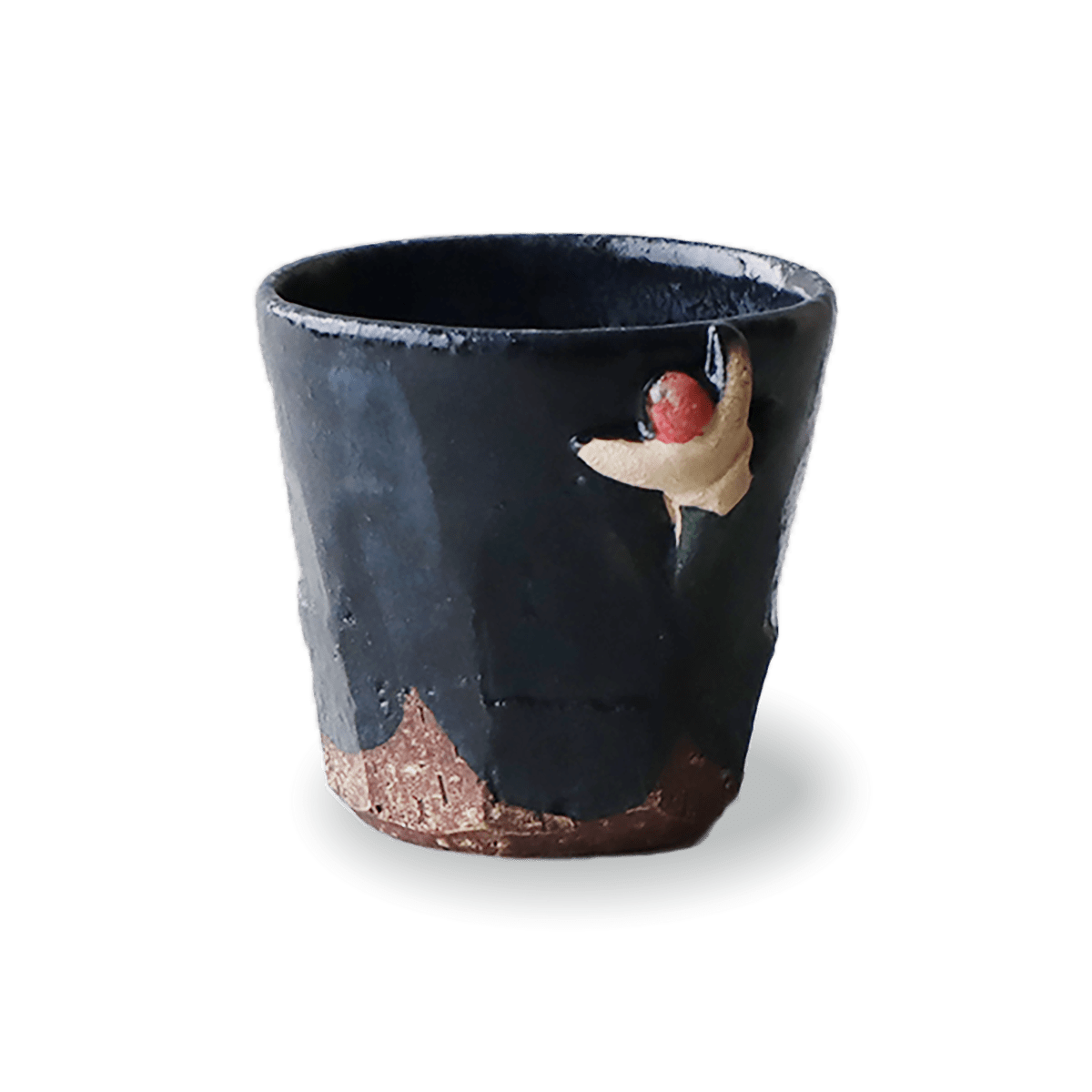
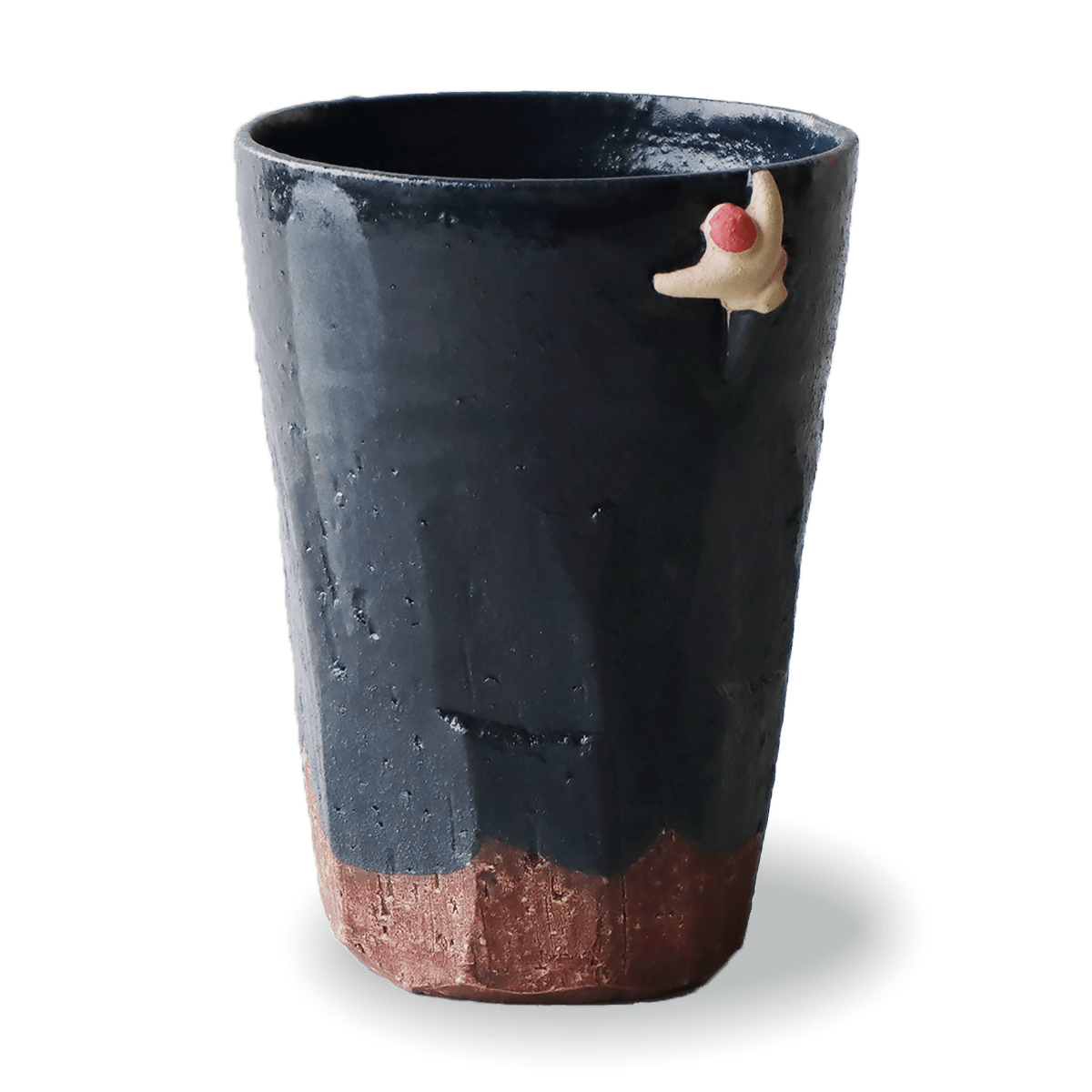
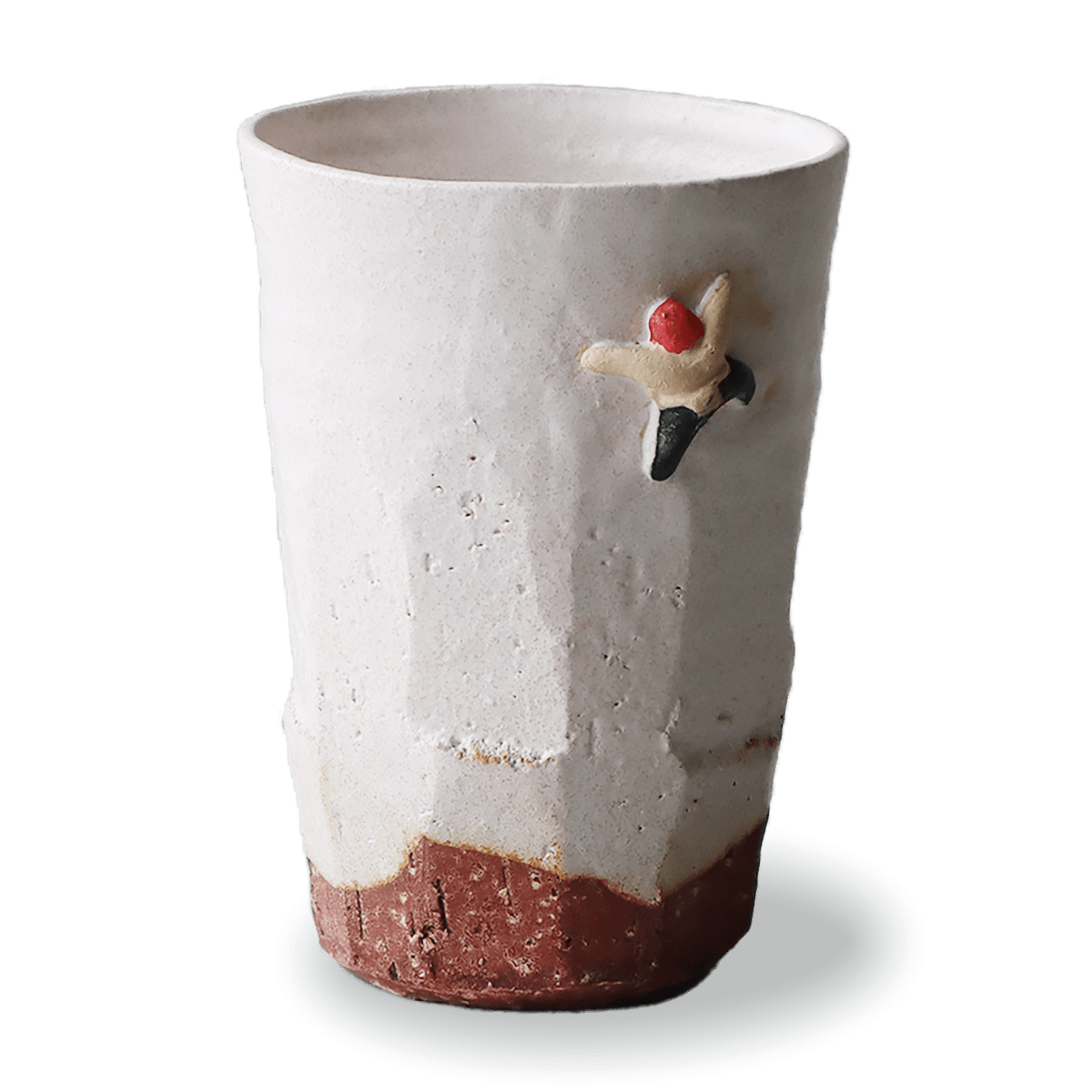
Share: